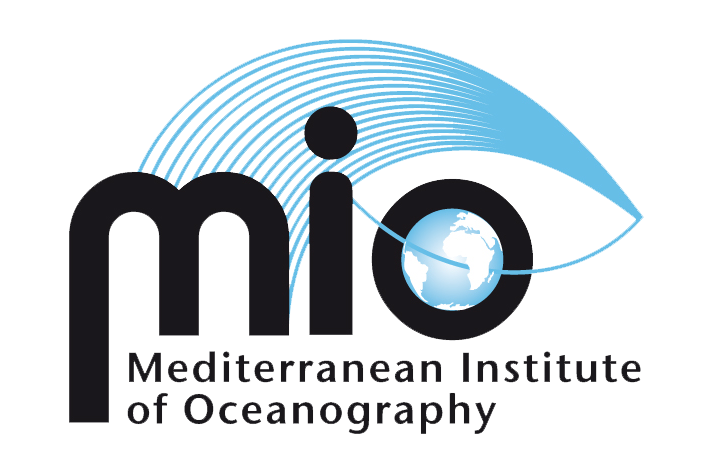Socio-economic actor
As an interdisciplinary laboratory, the MIO offers a wide range of expertise in marine biology, ecology, biodiversity, microbiology, fisheries, physics, chemistry, biogeochemistry and sedimentology.
For many years, the MIO has collaborated with other national and international research teams, consolidating numerous partnerships using the tools at its disposal (national and European Union invitations to tender, Erasmus, CIVIS, Amidex, AMU or UTLN guest professors, IRD schemes). By way of example, the MIO is involved in IRD's structuring projects in Southeast Asia, which focus on the study of natural and anthropogenic material flows (including Black Carbon) in the land-sea continuum within the large deltaic zones of Vietnam and Thailand, in a development aid context, as well as in the Franco-Chinese CNRS-CAS international research project (IRP) "DYF2M", which aims to improve our knowledge of the microbial ecology and functional dynamics of marine micro-organisms.
Ocean observation is also an important part of our activity, notably through the deployment of the EMSO-LO underwater observatory as an extension of the Antares telescope, which aims to collect long-term time series over 12 years across Europe, in order to monitor the consequences of global change on heat content, ocean acidification, deoxygenation and deep-sea marine ecosystems. EMSO also aims to provide tool services for ecosystem management and mitigation.EMSO-LO is part of the European infrastructure EMSO-ERIC and EMSO France Research Infrastructure (European Multidisciplinary Subsea Observatory-European Research Infrastructure Consortium).
Locally, we are in phase with the biodiversity preservation objectives of local authorities (Métropole Aix Marseille and CD13), and our activities are part of the PACA-SUD Region's strategic focus on ecological transition.
These exchanges with local authorities are reinforced by the participation of several members in bodies such as the Parliament of the Sea of the PACA-Sud region, the Diversity Commission of the CD13, etc., or by participation in projects led by these authorities (e.g. the Atlas of Biodiversity of the Metropolis of Aix-Marseille).
The participation of some of our members in more local and territorial structures (département, national parks, etc.) makes our knowledge available for the arbitration of local policies likely to lead to the co-construction of projects.
Our links with industry are also strong, particularly in relation to microbial processes in bioprocesses, supported by collaborations with private European partners (Total, Proteus, Hyperthermix).

